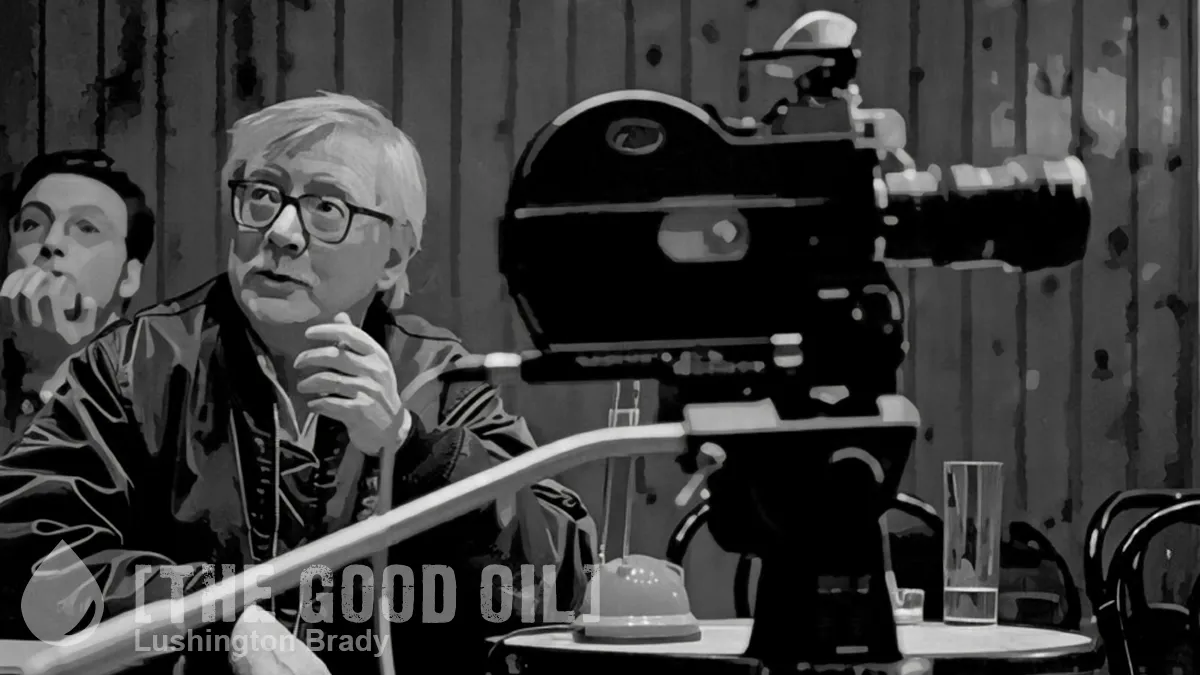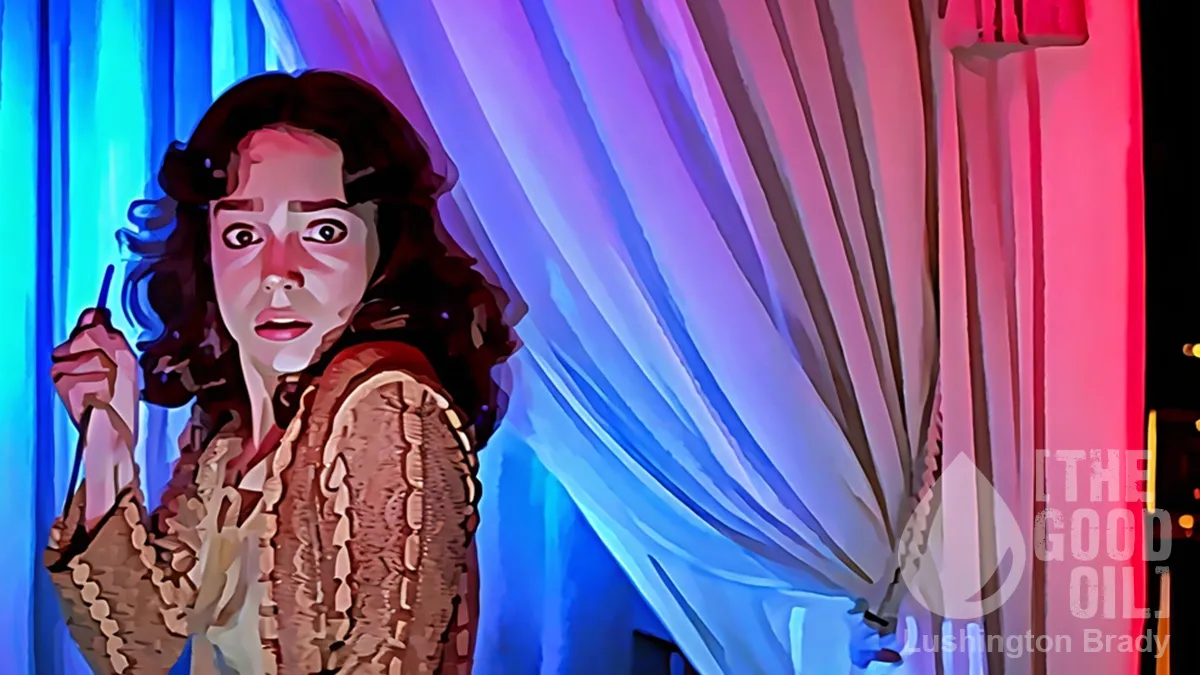Table of Contents
In a past life, I was a literary buff and Rebecca, written by the brilliant Daphne du Maurier, was one of my favourite books. There is something particularly haunting about a novel whose main character is already dead; that sets the scene for a major backstory as well as the startling events to come. Then there is the fact that the main female character, the second Mrs de Winter (Rebecca being the first), is not given a name. That tells us that she is insignificant, unimportant, irrelevant in the overall sequence of events… a position taken clearly by du Maurier that the producers of this Netflix adaptation seem to completely overlook.
The story starts in Monte Carlo, where the dashing, wealthy and widowed Max de Winter meets a young woman who is travelling as a ladies companion. After a brief romance, she tells him that she is being forced to return to America with her employer, de Winter proposes and they are married. Every socialite in Monte Carlo is shocked. What does the suave, rich Max de Winter see in her? She is a plain, shy, awkward girl, lacking in social graces and completely ignorant of the high society that she is about to step into.
By casting the very beautiful Lily James as the second Mrs de Winter, the producers fail to emphasise one of the key points of the plot. Max de Winter deliberately chose a plain, unsophisticated wife. His first wife, Rebecca was a socialite, an incredible beauty who ran the house well and did everything perfectly but she was a cruel, heartless woman who privately treated her husband with scorn and contempt. Lily James is simply not plain enough to fulfil the role successfully; nor is her character sufficiently awkward or unworldly to carry out the plot well. Max de Winter did not want Rebecca Mark 2. He deliberately chose someone with no social graces whatsoever. Lily James is not plain and gawkish enough (nor did she act in that way) for her role to be convincing, and a major element of the story is lost as a result.
Arnie Hammer as Max de Winter was another poor choice. Max de Winter was supposed to be a sophisticated man, aged probably about 50. The age gap between him and the second Mrs de Winter is another important feature of the story. Arnie Hammer is 34, only 3 years older than Lily James. He is not mature enough to be suave and sophisticated, as Max de Winter is meant to be.
The casting of Kristin Scott-Thomas as the housekeeper Mrs Danvers, did not seem a bad choice initially, but again the character is let down, presumably by the directing. I do not wish to say that Kristin Scott-Thomas is incapable of playing a truly evil and twisted character, but Scott-Thomas’s version of Mrs Danvers is simply not evil and twisted enough. Mrs Danvers is a character haunted by grief at the death of her beloved former mistress, and who harbours an almost insane hatred for anyone who might have the temerity to try to take her place. In fact, ‘insane’ is probably the correct word to describe Danvers. Somehow, Scott-Thomas doesn’t quite nail it, and if you have never seen or read Rebecca before, you might fail to understand her role in the story, particularly in the ending and her search for revenge for the woman she adored so completely.
To cap it all off, director Ben Wheatley decided to change the ending, which I thought was completely wrong. Without wanting to spoil it for those who may yet wish to see it, the changes did nothing to enhance the story, as du Maurier’s version left some haunting unanswered questions, which this version does not.
Finally, it is very difficult to tell Rebecca in a 2 hour time slot. The story is best told with enough time to allow the intrigue and suspense from past events to unfold slowly so that the audience can fully appreciate the horrors, the madness and the secrets that went on at de Winter’s beloved Manderley. This version seems rushed. The suspense is limited, as the director tries to create it with hushed whispers and references to ‘secrets’ that are never properly foretold.
My favourite version of Rebecca was done in 1979, with Jeremy Brett, Joanna David and Anna Massey as the main characters.

David was dowdy, Brett was sophisticated and Anna Massey’s Mrs Danvers was so terrifying, it kept me awake at night. This version was done over 4 episodes, which I think is needed to tell the story properly to let the intrigue and questions build up before the final crescendo, leaving a number of unanswered questions as the curtain falls. That is the essence of Rebecca, of Daphne du Maurier, and in my opinion, the ending should have been left as it was intended by the author herself.
The de Winters walking off into the sunset together, to enjoy wedded bliss is not the ending du Maurier envisaged, and it does not seem appropriate to me either. Just as Hamlet could not walk away from all the dead bodies and marry a Danish princess, nor should Max de Winter get away scot-free after what he had done. That is not the way classical literature works. Everyone must pay a price, and in Ben Wheatley’s version of Rebecca, Max de Winter does not. This rounded off, for me, a poor adaptation of a brilliant story, where the secrets of Manderley were all laid bare, in a way that was never meant to be.
If you enjoyed this BFD Movie Review please consider sharing it with your friends.









